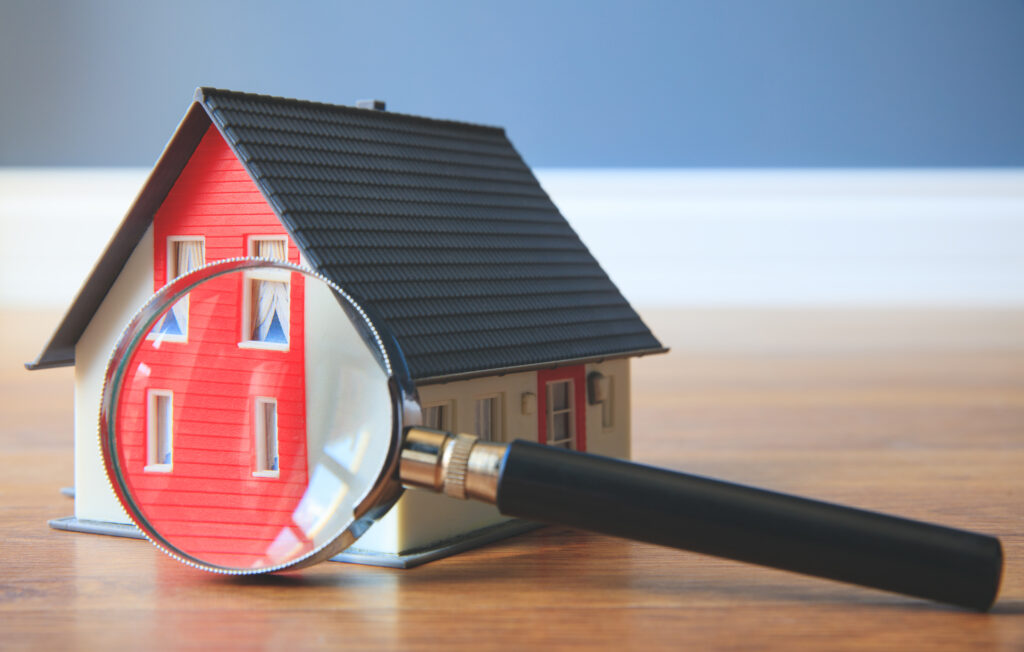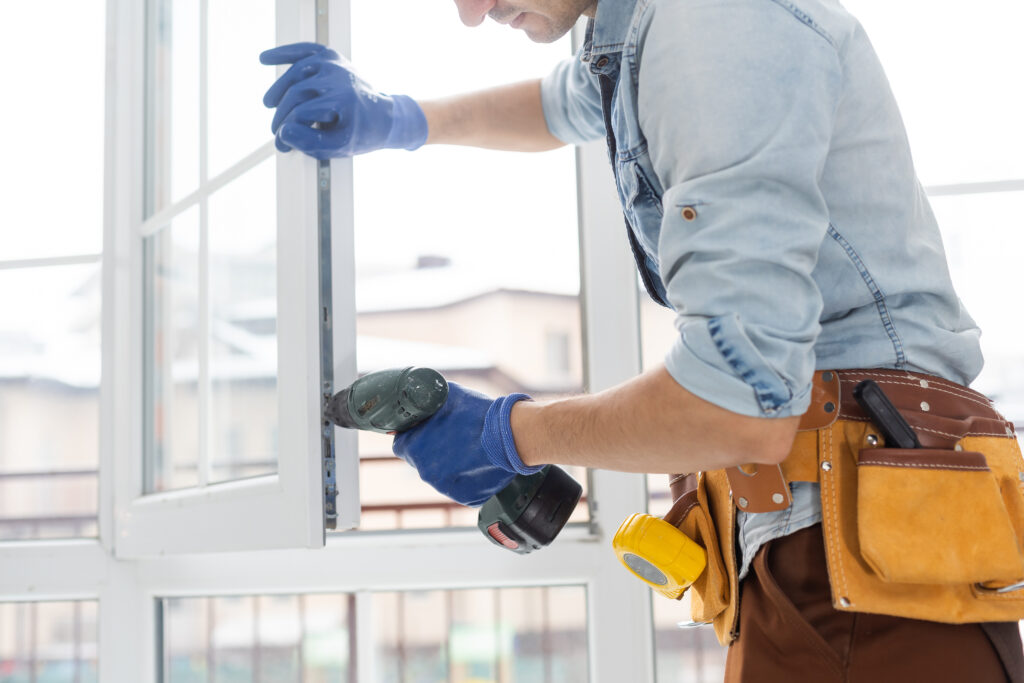By Meghan Belnap
Buying a home is no small investment, and it’s important to make sure you’ve considered all the potential issues before closing the deal. One way to do that is by running “background checks” on the property you’re interested in. Here are the five essential elements of research that you should investigate before making a final decision.
Check the Plumbing and Septic Systems
Faulty plumbing and septic systems can cause severe problems and even health hazards. You should check the pipes and fixtures to ensure they’re in good condition. Be on the lookout for leaks, clogs, and potential water damage. If you have any reason to be suspicious, request that a plumber conduct a proper inspection. Check the septic system, too, as it can be very costly to repair or replace, and you don’t want to become responsible for septic pumping suddenly after the sale.
Inspect the Age of the House
Older homes can have a lot of charm, but they can also have a lot of issues. You should inspect the age of the house and how well it was built over time. Ensure the inspections are performed by a qualified inspector or engineer familiar with the type of construction materials used in the house. This will give you a better idea of how well the home has aged over time and what potential headaches might come from older materials. If the difficulties aren’t worth the cost, it’s best to know before you close the deal.
Check for Hazardous Materials Use
If the home dates back to the 1960s or earlier, chances are asbestos and lead paint were possible materials used in construction. If hazardous materials have indeed been used, cautious evaluation is required on whether or not to buy the home. Get a licensed professional to check for the presence of these materials to protect your health and investments, and look to get a quote for how much it would cost to replace any hazards. The existence of hazardous materials alone doesn’t mean the investment is a loss, as, with effort, you can renovate the home to be up to code. Just make sure you would turn a profit on such efforts before committing to them.
Investigate the Neighborhood
Not only do you want to enjoy your new home, but you also want to make sure the area around it is safe and enjoyable. Visit the neighborhood at different times of day and night to check the changes in the surroundings. This way, you can better understand the area’s most significant issues. Property value can fluctuate based on some of the smallest things, so covering your bases is crucial. You can also speak with people living in the area to know if there are any current or potential future concerns.
Research the History of the Property
Purchasing a property means going into a legally binding deal that may also mean diving into any legal action linked to the property. There may also be permit violations or legal suits brought against the home and land in the past. Carefully investigate if there were any former liens, outstanding tax debts, violations, easements, surveys, and or matters of litigation.
Buying a home is a significant investment that should not be taken lightly. When it comes to purchasing a property, knowledge is power. Do your research, get a professional inspection, and check for hazardous materials to ensure your home is safe. By running these background checks on the property before closing the deal, you can take comfort in your purchase, knowing that any past or arising issues have been identified, considered, and addressed.
This was originally published on RISMedia’s Housecall. http://blog.rismedia.com




